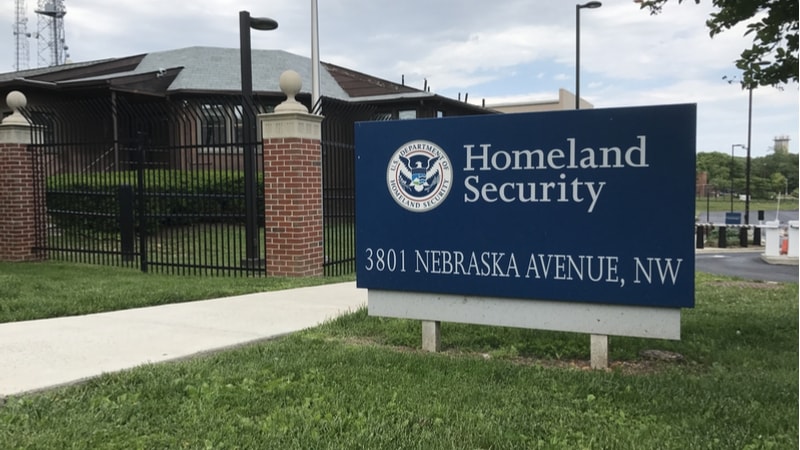
Senator Ed Markey, D-Mass., questioned the Department of Homeland Security’s (DHS) use of cellphone data for immigration enforcement in a Feb. 12 letter to the agency.
“In effect, DHS seems to thumb its nose at the Supreme Court by engaging in warrantless cellphone location tracking of individuals in order to expand the reach of its merciless deportation force,” Markey wrote.
His letter, based on findings from the Wall Street Journal, asserts that DHS paid a private company to access individuals’ physical location from their mobile devices. While the data isn’t attached to specific individuals, it could be easily used to identify a particular person.

Considering DHS’s poor cyber history, Markey added, this data access is especially troublesome.
“DHS’s apparent levering of a large data set of sensitive information is particularly concerning following the revelation that a ‘malicious cyberattack’ last year compromised troves of data held on behalf of U.S. Customs and Border Protection,” he said.
After the Supreme Court’s decision in Carpenter v. the United States, the government requires a search warrant supported by probable cause to access cell-site location information. Markey asserts that the DHS’s purchase of data violates this decision and is especially concerning because of its use for law enforcement purposes.
Specifically, Markey listed 10 questions for the department, including information on all DHS data purchasing contracts, if Immigration and Customs Enforcement have access to location data, the specific ways DHS is using purchased location data, and if data purchased by DHS has ever been breached.
Markey asked DHS for a written response by March 3.
